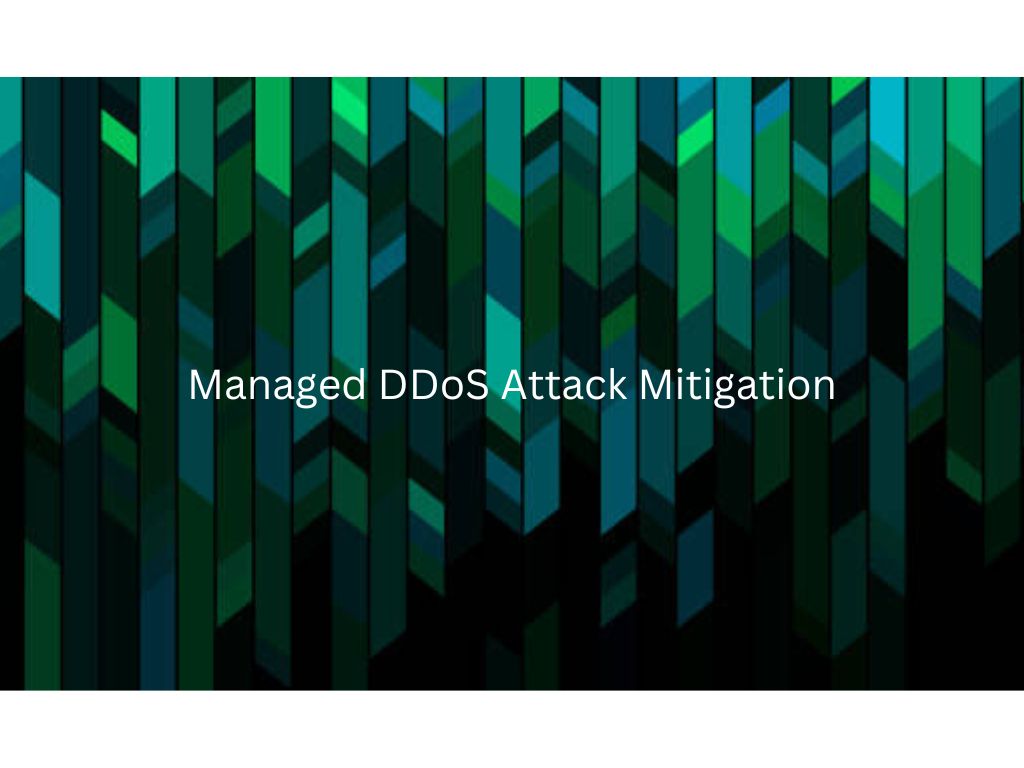Distributed Denial of Service (DDoS) attacks have become a major threat to financial institutions in recent years. These attacks can cause significant damage to an organization’s reputation, disrupt services, and result in financial losses. Therefore, it is important for financial institutions to have robust DDoS protection solutions in place to mitigate the risk of such attacks. In this article, we will explore some of the key DDoS protection solutions available to financial institutions.
On Premise DDoS Protection
On premise DDoS protection solutions involve deploying hardware or software within the financial institution’s network infrastructure to detect and mitigate DDoS attacks. These solutions typically involve deploying appliances such as firewalls, intrusion prevention systems, and load balancers to filter traffic and block malicious requests.
On-premises DDoS protection solutions can be effective in mitigating attacks, but they require a significant investment in hardware and software. Additionally, they may not be as scalable as cloud-based solutions, which can be a limitation for financial institutions that experience large volumes of traffic.
Cloud-based DDoS Protection
Cloud-based DDoS protection solutions are becoming increasingly popular among financial institutions due to their scalability, flexibility, and cost-effectiveness. These solutions involve routing traffic through a cloud-based scrubbing center where traffic is analyzed and filtered before being forwarded to the intended destination. This process helps to identify and mitigate DDoS attacks before they reach the target network.
Cloud-based DDoS protection solutions can be deployed quickly and easily, and they can scale to handle large volumes of traffic. Additionally, they can be customized to meet the specific needs of a financial institution. These solutions typically come with a dashboard that allows organizations to monitor their network traffic and adjust their protection settings as needed.
Hybrid DDoS Protection
Hybrid DDoS protection solutions combine the benefits of both cloud-based and on-premises solutions. In this approach, the financial institution deploys hardware or software within its network infrastructure while also utilizing cloud-based scrubbing centers to mitigate DDoS attacks.
Hybrid DDoS protection solutions can provide the scalability and flexibility of cloud-based solutions while also providing the control and customization of on-premises solutions. This approach can be particularly effective for financial institutions that experience significant traffic
spikes, as the cloud-based scrubbing centers can handle the extra traffic while the on-premises hardware filters out any remaining malicious requests.
DNS Protection
DNS protection solutions involve protecting the domain name system (DNS) infrastructure from DDoS attacks. DNS is a critical component of the internet infrastructure, and any disruption to it can cause significant damage to financial institutions.
DNS protection solutions typically involve deploying hardware or software that can detect and mitigate DDoS attacks on the DNS infrastructure. These solutions can help to ensure the availability and reliability of DNS services, which is essential for financial institutions.
Web Application Firewalls
Web Application Firewalls (WAFs) are a type of on-premise DDoS protection solution that is specifically designed to protect web applications from DDoS attacks. WAFs analyze incoming traffic to web applications and block malicious requests before they can reach the application itself.
WAFs can be effective in mitigating DDoS attacks on web applications, but they require careful configuration to avoid blocking legitimate traffic. Additionally, they may not be as effective against sophisticated DDoS attacks, which can bypass WAFs through techniques such as distributed ‘slowloris’ attacks.
In conclusion, DDoS protection is essential for financial institutions to ensure the availability, reliability, and security of their services. Cloud-based solutions offer scalability, flexibility, and cost-effectiveness, while on-premises solutions provide control and customization. Hybrid solutions combine the benefits of both approaches, while DNS protection and web.




